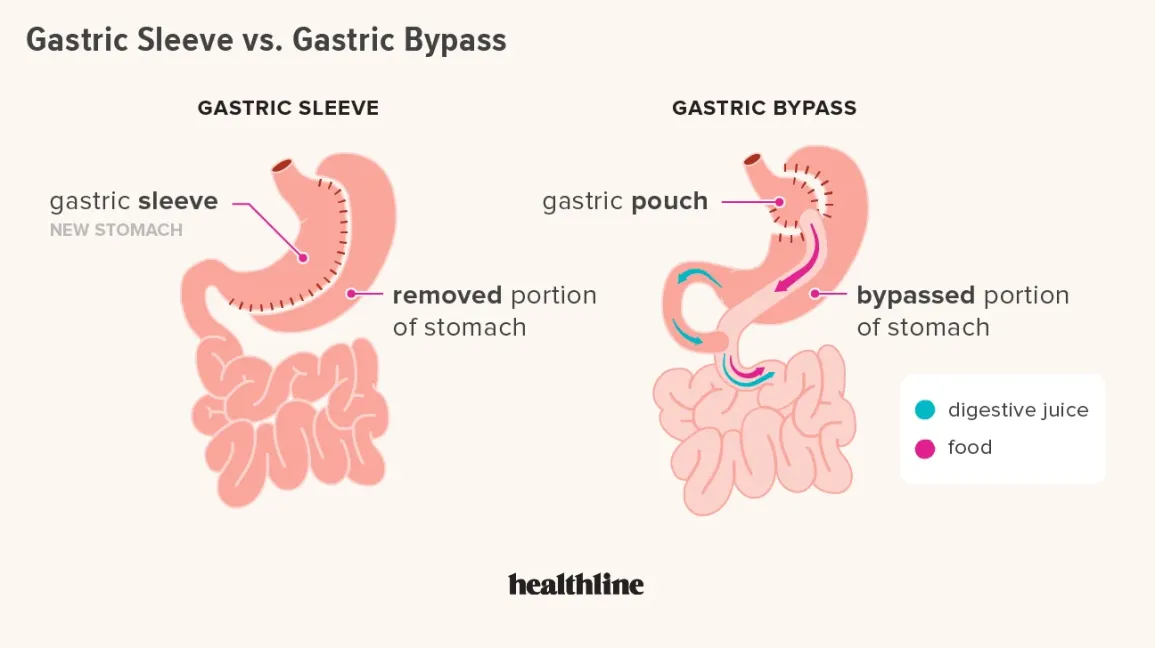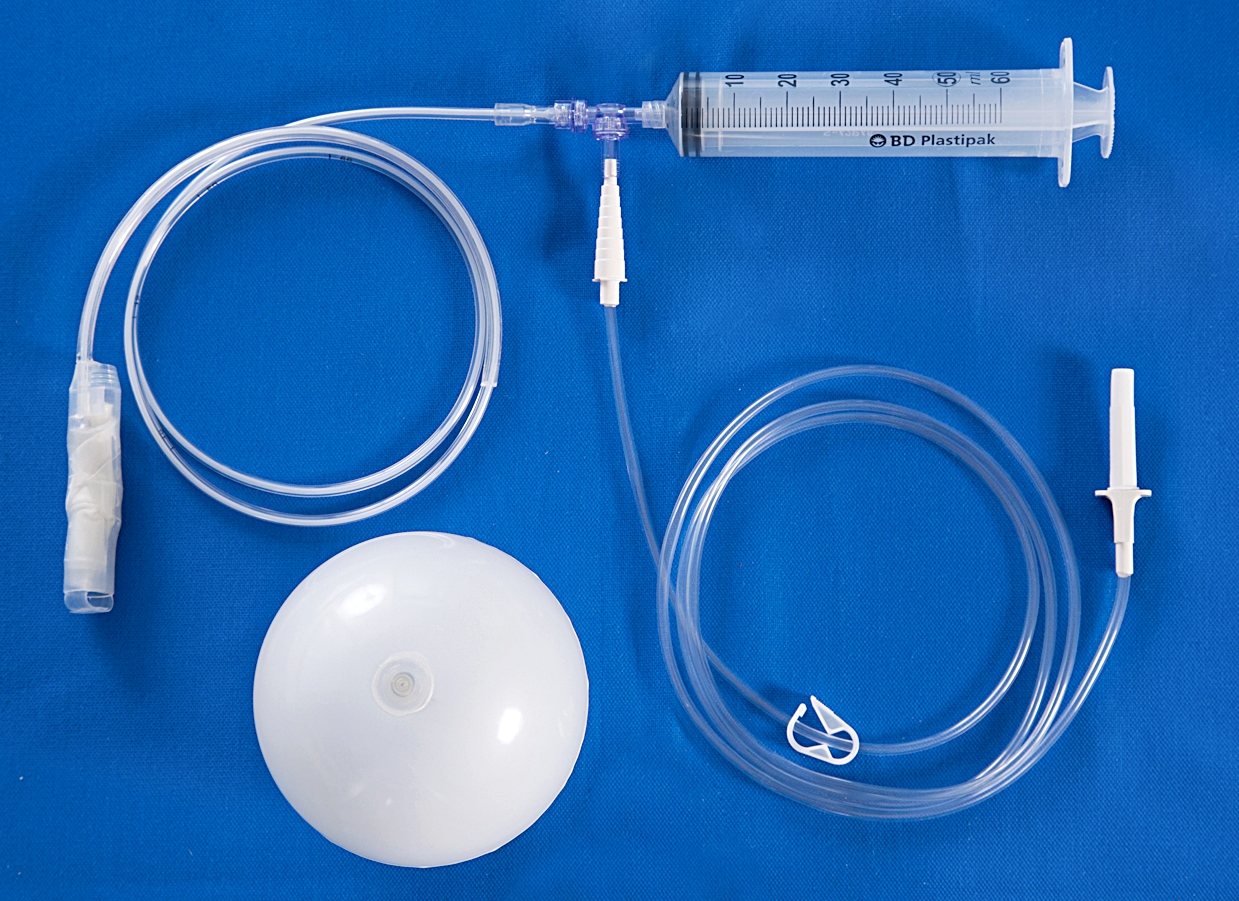7 Key Strategies for Maintaining Your Weight Loss: The Essential Role of Diet and Exercise After Obesity Surgery:
Undergoing obesity surgery, whether it’s sleeve gastrectomy or gastric bypass, marks a significant milestone in your weight loss journey. However, the success of your surgery doesn’t end with the procedure itself. Maintaining your weight loss and ensuring long-term health requires a dedicated focus on diet and exercise. In this comprehensive guide, we will explore essential strategies for changing your lifestyle with weight loss surgery, and how to effectively integrate diet and exercise into your daily routine.
Understanding Your Weight Loss Surgery
What is Sleeve Gastrectomy?
The Essential Role of Diet and Exercise After Obesity Surgery: 7 Key Strategies for Maintaining Your Weight Loss:
Sleeve gastrectomy, or gastric sleeve surgery, involves the removal of approximately 75-80% of the stomach, leaving a tube-like structure. This significantly reduces the stomach’s capacity, leading to reduced food intake and lower hunger levels due to decreased production of hunger hormones.
Key Points:
- Procedure: The stomach is reduced to a sleeve-like shape through laparoscopic surgery.
- Benefits: Effective weight loss and reduced hunger.
- Risks: Potential nutritional deficiencies and long-term dietary adjustments.
What is Gastric Bypass?
The Essential Role of Diet and Exercise After Obesity Surgery: 7 Key Strategies for Maintaining Your Weight Loss::
Gastric bypass, or Roux-en-Y gastric bypass, combines creating a small stomach pouch and bypassing a portion of the small intestine. This not only limits food intake but also reduces calorie absorption.
Key Points:
- Procedure: A small stomach pouch is created and connected directly to the lower part of the small intestine.
- Benefits: Significant weight loss and improvement in obesity-related conditions.
- Risks: Nutritional deficiencies and the need for lifelong dietary changes.
The Importance of Diet Post-Surgery
Why Diet Matters After Obesity Surgery
Changing your lifestyle with weight loss surgery necessitates a fundamental shift in dietary habits. Post-surgery, your stomach is significantly smaller or altered, which means you need to adapt your eating habits to ensure you are getting adequate nutrition while maintaining weight loss.
Dietary Goals:
- Nutritional Balance: Ensure a well-balanced intake of proteins, carbohydrates, fats, vitamins, and minerals.
- Portion Control: Smaller stomach size requires consuming smaller portions more frequently.
- Hydration: Adequate fluid intake is crucial to prevent dehydration and aid digestion.
Post-Surgery Dietary Phases
- Liquid Phase: Typically lasts for the first few weeks post-surgery. Focus on clear broths, protein shakes, and water to promote healing.
- Pureed Phase: Gradually introduce pureed foods, including soft fruits, vegetables, and lean proteins. This phase helps transition to solid foods while monitoring for any digestive discomfort.
- Soft Foods Phase: Incorporate soft, easily digestible foods like yogurt, cottage cheese, and scrambled eggs. These foods are gentle on the stomach and continue to support healing.
- Regular Foods Phase: Once fully transitioned, you can eat solid foods. Emphasize lean proteins, vegetables, whole grains, and healthy fats. Avoid high-sugar and high-fat foods to prevent weight regain.
Balanced Meal Planning
- Protein-Rich Foods: Essential for muscle repair and maintenance. Include chicken, fish, tofu, and legumes in your meals.
- Fiber: Helps with digestion and satiety. Incorporate vegetables, fruits, and whole grains.
- Healthy Fats: Include avocados, nuts, and olive oil in moderation to support overall health.
- Avoid Sugars and Refined Carbs: Minimize intake of sugary snacks, sodas, and processed foods to prevent weight regain and maintain energy levels.
The Role of Exercise in Maintaining Weight Loss
Why Exercise is Crucial After Surgery
The Essential Role of Diet and Exercise After Obesity Surgery: 7 Key Strategies for Maintaining Your Weight Loss:
Exercise plays a vital role in maintaining weight loss post-surgery. It helps build muscle, boost metabolism, and improve overall physical and mental health. Incorporating regular physical activity into your routine is essential for long-term success.
Exercise Benefits:
- Increased Metabolism: Boosts calorie expenditure and supports weight maintenance.
- Improved Muscle Tone: Helps replace lost fat with lean muscle.
- Enhanced Mood: Exercise releases endorphins, improving mental well-being and reducing stress.
Developing a Post-Surgery Exercise Plan
- Consult Your Healthcare Provider: Before starting any exercise program, get approval from your healthcare provider to ensure safety, especially if you have any underlying health conditions.
- Start Slow: Begin with low-impact activities such as walking or gentle stretching. Gradually increase the intensity as your body adapts and heals.
- Incorporate Cardio and Strength Training:
- Cardio: Activities like walking, swimming, and cycling help improve cardiovascular health and burn calories.
- Strength Training: Focus on exercises like weight lifting, resistance bands, and bodyweight exercises to build muscle and improve metabolism.
- Set Realistic Goals: Aim for at least 150 minutes of moderate aerobic activity or 75 minutes of vigorous activity per week, combined with strength training exercises on two or more days a week.
- Stay Consistent: Consistency is key. Create a workout schedule and stick to it. Consider joining a fitness class or group to stay motivated.
Overcoming Challenges
- Physical Limitations: Initially, you might experience limitations due to surgery. Adapt exercises to your comfort level and consult a fitness professional for personalized modifications.
- Motivation: Set short-term goals and reward yourself for achieving them. Track your progress to stay motivated and focused.
Psychological Aspects of Diet and Exercise
Addressing Emotional Eating
The Essential Role of Diet and Exercise After Obesity Surgery: 7 Key Strategies for Maintaining Your Weight Loss:
Post-surgery, many individuals experience changes in eating habits and emotional responses to food. It’s important to address emotional eating by developing healthy coping strategies.
Strategies:
- Mindful Eating: Pay attention to hunger and fullness cues and avoid eating out of boredom or stress.
- Support Systems: Engage with support groups or counseling to address emotional aspects of eating and maintain motivation.
Setting Realistic Expectations
Understand that weight loss is a gradual process and maintaining it requires continuous effort. Set achievable goals and celebrate progress, no matter how small.
Long-Term Lifestyle Changes
Creating a Sustainable Routine
The Essential Role of Diet and Exercise After Obesity Surgery: 7 Key Strategies for Maintaining Your Weight Loss:
Adopting a long-term, sustainable routine is crucial for maintaining weight loss. Integrate healthy eating and regular exercise into your daily life and view these changes as a permanent lifestyle adjustment rather than a temporary fix.
Tips for Sustainability:
- Plan Meals and Workouts: Schedule meals and exercise sessions to stay organized and committed.
- Stay Educated: Keep learning about nutrition and fitness to make informed choices.
- Monitor Progress: Regularly track your weight, dietary intake, and exercise routine to stay on track.
Engaging with Healthcare Providers
The Essential Role of Diet and Exercise After Obesity Surgery: 7 Key Strategies for Maintaining Your Weight Loss:
Regular follow-ups with your healthcare team are essential for monitoring your progress and addressing any issues that arise. Your healthcare provider can offer guidance on diet, exercise, and overall health to ensure continued success.
Conclusion: The Essential Role of Diet and Exercise After Obesity Surgery
Changing your lifestyle with weight loss surgery involves more than just the procedure itself; it requires a dedicated focus on diet and exercise to achieve and maintain long-term success. By understanding the critical role of nutrition and physical activity in your post-surgery journey, you can effectively manage your weight, improve your overall health, and embrace a healthier, more active lifestyle. Remember, consistency and commitment are key to achieving lasting results and maintaining your weight loss for years to come.








